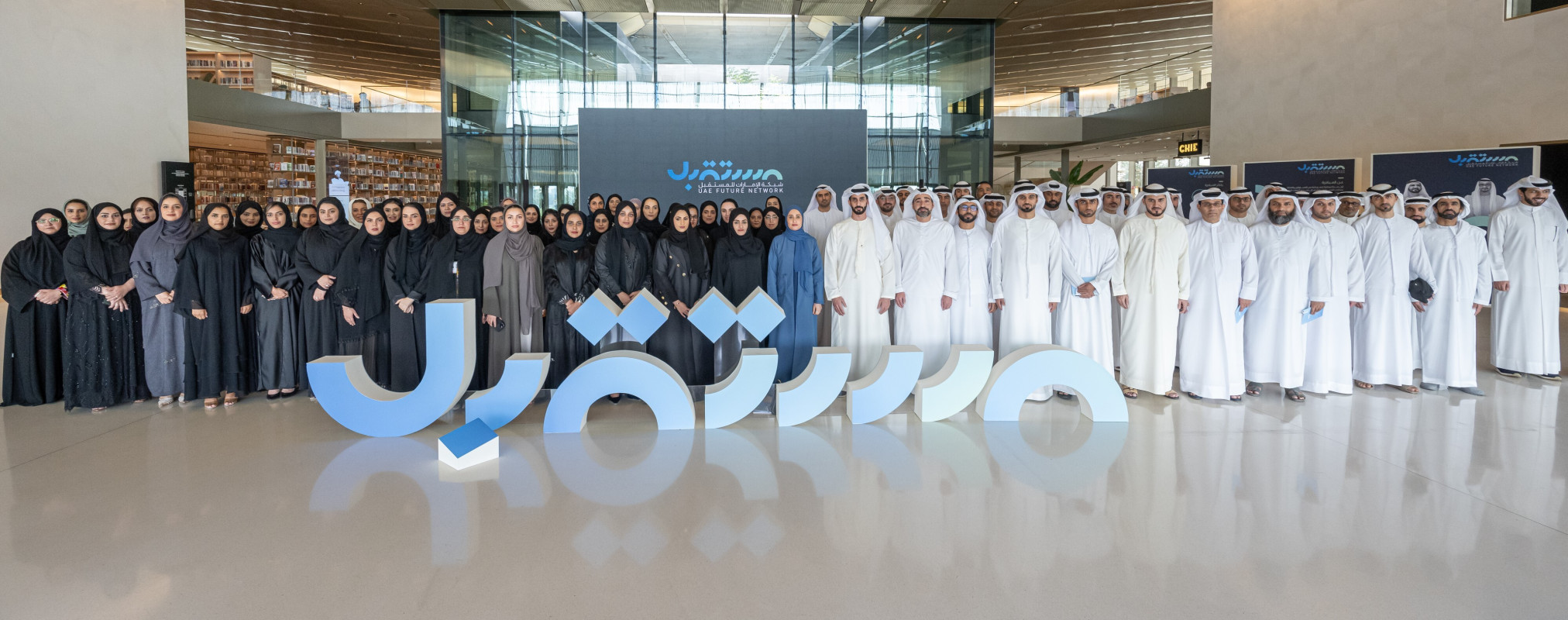Dubai, UAE–The UAE has unveiled what it calls as the next generation of future design tools, enabling government entities to draft and adopt practical initiatives and projects that will enhance the UAE’s readiness for the future.
The launch took place during the first meeting of the UAE Future Network, with the attendance of Ohood Khalfan Al Roumi, UAE Minister of State for Government Development and the Future, and representatives of federal and local entities.
The network aims to encourage government entities to adopt future-proof practical projects, prioritize future-supporting projects, support cooperation and integration efforts in future areas, and discuss future-driven priority topics for the UAE.
The UAE Future Network released a guidebook for future readiness projects that will serve as a reference for national institutions for drafting quality initiatives that align with global transformation trends.
The network will also launch future calendar, a digital platform comprising initiatives, projects and programs related to the future readiness of all emirates, covering both the public and private sectors.
“During an era of rapid global changes and emerging challenges, preparing for the future plays a pivotal role in capitalizing on its opportunities and leveraging them to serve the government’s objectives, and the UAE’s leadership and government recognize the importance of readiness and proactiveness to achieving the state’s strategic priorities and ensuring sustainable growth and development in vital sectors, through designing projects with bold and practical visions that address future trends and proactively and effectively tackle its challenges, while seizing opportunities and creating new, flexible and innovative future models to achieve readiness,” Al Roumi said.
Al Roumi affirmed that future design tools are practical tools that assist government entities in designing impactful projects with a future dimension through exploring and analyzing potential variables, generating proactive and practical solutions that achieve readiness and future strategic priorities, and enhancing the country’s international stature.
Atraf Shehab, CEO of the UAE Centennial Lab, stressed that such unified tools were developed to enable government teams to design the future practically and effectively by answering future questions throughout all design stages, to find proactive solutions to urgent global challenges and identify future priorities that will enhance the UAE’s competitiveness.
“Future design tools align future readiness projects and their main objectives with the country’s directions and strategic visions. The tools also help in setting clear, practical and specific targets and outcomes based on the leadership’s vision and the general directives of the government to achieve readiness and sustainability and create a better future for tomorrow’s generations,” he said.
The tools cover the readiness for transformative changes in economic, social, technological, environmental and governmental sectors that can impact the future globally, regionally and locally.
They focus on human-centred approaches to seize opportunities and address challenges and rely on information, statistics and smart technology to keep pace with rapid changes in various sectors.
It aims to establish a set of principles and standards that define the characteristics of future readiness projects and initiatives based on a future vision and bold ideas for proactively and effectively addressing readiness for variables.
They also aim to take advantage of opportunities, present new and flexible future models with added value, and achieve impact and sustainability in priority sectors, to enable the nation to increase its global rankings, implement advanced technologies, and empower talents with skills to prepare for the future.
These can be achieved practically, clearly, precisely and ambitiously, reflecting the UAE’s strategic narrative of its future, embodying the leadership’s vision and commitment to readiness, and enhancing the nation’s capacity to respond to rapid changes and create a better tomorrow for future generations.








